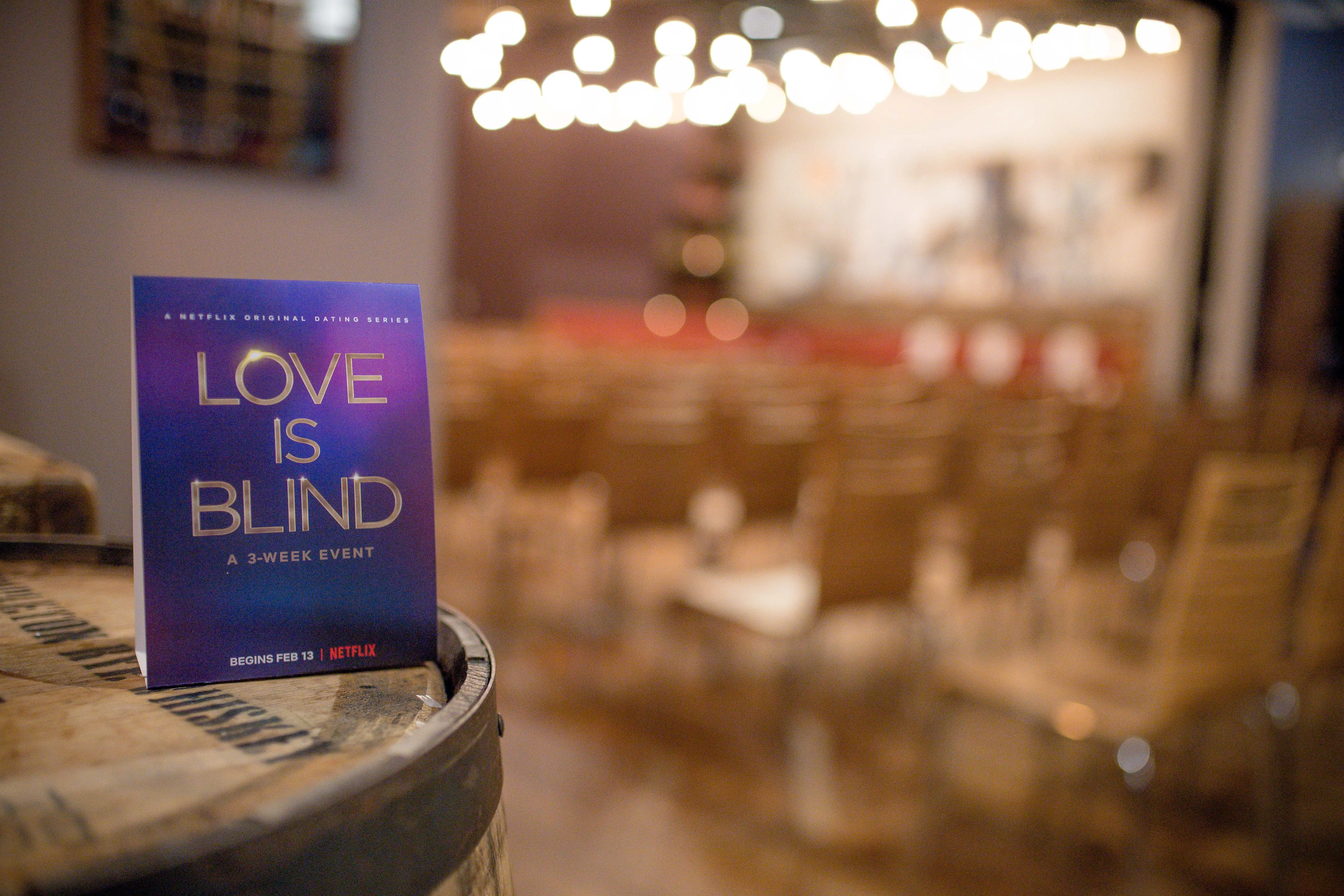Love Is Blind alum Nick Thompson advocates for stronger cast rights while new lawsuit targets producers
-
 Love Is Blind (Image via Getty)
Love Is Blind (Image via Getty)Love Is Blind has come under renewed scrutiny after a fresh class-action lawsuit against its producers.
On October 4, 2025, CBC Radio’s Day 6 reported that Stephen Richardson, a contestant on season 7, had filed suit against Kinetic Content and Delirium TV, alleging misclassification of cast members and denial of workplace protections.
The complaint echoes previous claims brought by other former participants.
Nick Thompson, who appeared in season 2, has used the moment to amplify his push for stronger rights for reality-show contestants.
Thompson co-founded the UCAN Foundation to offer mental health and legal support for past, current, and future cast members.
In interviews, he has said contestants are subject to long filming days, a lack of autonomy, and contract clauses that penalize them for leaving without permission.
CBC reported that producers did not respond to requests for comment on the latest suit.
Below is a closer look at the Richardson suit and Thompson’s advocacy, followed by a recap of earlier allegations and the growing legal debate over reality-TV labor practices.
Legal push: Richardson lawsuit and cast classification against Love Is Blind
Stephen Richardson’s class-action complaint claims that cast members on Love Is Blind were misclassified as independent contractors rather than employees, which allegedly deprived them of overtime pay, meal breaks, and other statutory protections.
According to the CBC report, Richardson’s lawsuit covers the cast beginning with season 6.
It states that producers maintained strict control over daily schedules, food, sleep, and movement.
Nick Thompson has publicly supported these claims.
“You can read [the contract], but until you live it you can’t really understand how one-sided it is,” he told Day 6 host Brent Bambury.
Thompson also noted a “looming piece of the contract” that threatens $50,000 in damages if participants leave without permission.
He argues these conditions mirror employment relationships and should trigger legal safeguards.
If the court certifies the case as a class action, hundreds of former cast members could join, raising potential back-pay liabilities for the producers.
The producers and Netflix declined CBC’s request for comment. The outcome could set a precedent for how reality shows classify participants and handle labor obligations.
Background and past allegations: A pattern of claims against Love Is Blind
The Richardson suit follows a series of legal challenges to Love Is Blind production practices.
In 2023, former contestant Tran Dang filed a lawsuit alleging sexual assault, false imprisonment, and negligence during filming.
The next year, Renee Poche accused the production company of intentional infliction of emotional distress and violations of California labor codes.
In previous seasons, Jeremy Hartwell also filed suit, citing poor conditions and lack of basic care.
Nick Thompson has described similar issues from his own experience on season 2.
“We were manipulated, our triggers were utilized against us,” he said in a separate interview.
He and co-founder Jeremy Hartwell created the UCAN Foundation to provide legal and mental health support to reality-show participants, including contract reviews and guidance on workplace rights.
The National Labor Relations Board has weighed in, too, accusing the show’s producers of mislabeling cast members as participants and stating they should be reclassified as employees with back pay for lost wages.
Communications professor Zoe Druick told CBC,
“The performers in these shows have very little power,” pointing to factors such as lack of sleep, limited food, and alcohol use during filming.
As more contestants file lawsuits and speak publicly, awareness of working conditions on unscripted programs is increasing.
Whether this will bring major change is unclear, but Thompson says he hopes his efforts with the UCAN Foundation can improve standards and secure basic labor rights for reality-TV cast members.
____________________________________________________________
Stay tuned for more updates.TOPICS: Love Is Blind, Netflix, Nick Thompson, Lawsuit, Reality TV
- Love Is Blind’s Ali Lima speaks out on claims she’s had plastic surgery done
- Love Is Blind’s Edmond says “the edits” made Joe look different from who he really is
- "I definitely notice it": Love Is Blind fame Edmond Harvey on online criticism from fans of the show
- Love Is Blind star Brenden reveals if there’s still hope for him and Annie after her split from Nick